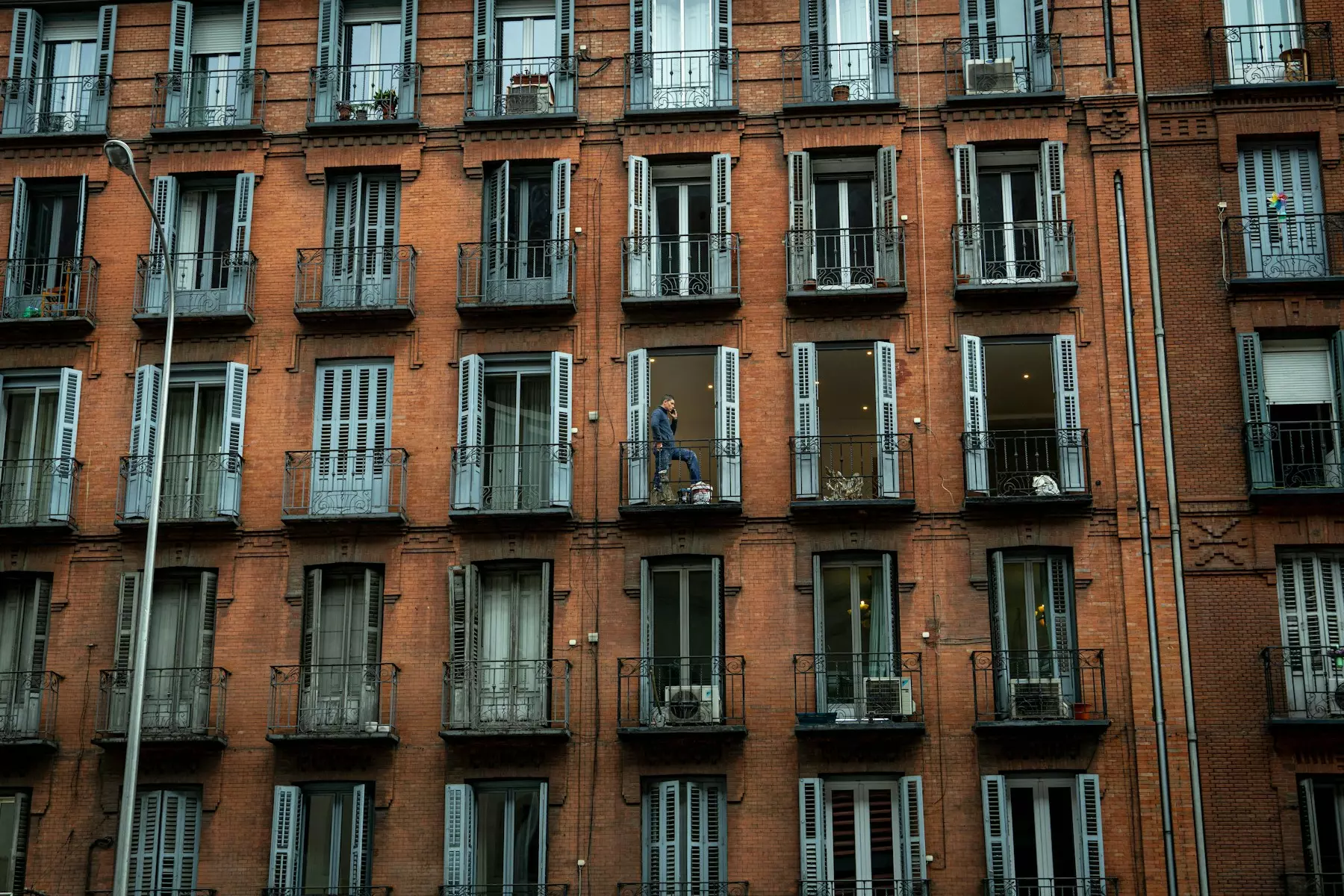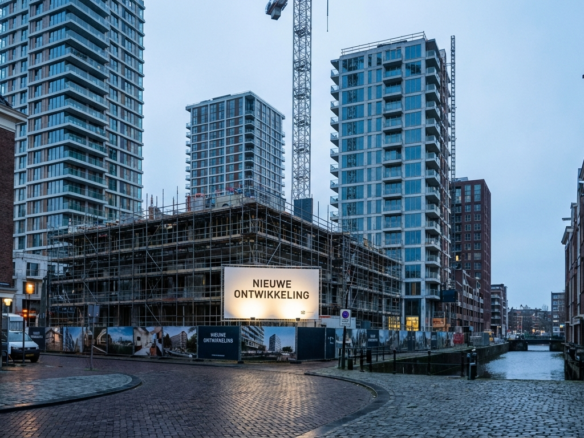Spain is grappling with an unprecedented housing crisis that threatens to reshape the country’s economic and social landscape. Recent warnings from the Bank of Spain paint a stark picture of a nation struggling to meet the basic housing needs of its citizens, with shortages reaching critical levels across multiple regions.
Get 50% OFF!
Subscribe to our newsletter and enjoy a 50% discount on all listing packages, no strings attached!

Spain’s Housing Crisis Hits 600,000 Unit Deficit
The Bank of Spain has issued urgent warnings about the country’s severe housing shortage, revealing a staggering deficit of approximately 600,000 residential units nationwide. This figure represents one of the most significant housing shortfalls in Europe, affecting both urban centers and rural communities across the peninsula. The central bank’s analysis indicates that this shortage has been building steadily over the past decade, creating a perfect storm of supply constraints and surging demand.
Regional disparities compound the crisis, with Madrid and Barcelona bearing the heaviest burden of the shortage. The Catalonia region alone accounts for nearly 150,000 units of the total deficit, while the Madrid metropolitan area faces a shortfall of over 120,000 homes. These numbers reflect not just statistical data but real families struggling to find affordable housing options in Spain’s most economically active regions.
Bank of Spain Reports 3.9 Million Home Shortage
According to comprehensive research conducted by the Bank of Spain, the country requires an additional 3.9 million homes to adequately house its population by 2030. This projection takes into account demographic changes, urbanization trends, and evolving household formation patterns that continue to drive housing demand across Spanish territories. The bank’s economists emphasize that this figure represents both immediate needs and projected requirements based on current population growth trajectories.
The 3.9 million unit requirement breaks down into specific categories that highlight the complexity of Spain’s housing challenge:
- Primary residences: 2.8 million units needed for growing urban populations
- Social housing: 800,000 affordable units required for low-income families
- Rural housing: 300,000 homes needed to support rural development initiatives
These statistics underscore the multifaceted nature of Spain’s housing crisis, requiring targeted solutions across different market segments and geographic areas.
Rental Prices Surge 40% Across Major Cities
Spain’s rental market has experienced dramatic price increases, with average rents climbing 40% across major metropolitan areas since 2019. Barcelona leads this surge with rental prices increasing by 45% over the four-year period, while Madrid follows closely with a 42% jump in average monthly rents. These increases far outpace wage growth, creating affordability challenges for thousands of Spanish families seeking rental accommodations.
The rental price explosion affects different property types unevenly, with smaller apartments experiencing the most dramatic increases. One-bedroom apartments in city centers now command average monthly rents of €1,200 in Madrid and €1,350 in Barcelona, representing increases of 50% and 48% respectively. Two-bedroom units have seen more moderate but still substantial increases of 38% in Madrid and 41% in Barcelona, pushing many families toward the urban periphery in search of affordable options.
Construction Drops 85% Since 2008 Financial Crisis
Spain’s construction sector has never fully recovered from the 2008 financial crisis, with new housing starts declining by a devastating 85% compared to pre-crisis levels. In 2007, Spain initiated construction on approximately 760,000 new residential units, but by 2023, this number had plummeted to just 114,000 new starts annually. This dramatic reduction in construction activity directly contributes to the current housing shortage and limits the market’s ability to respond to growing demand.
Several factors continue to constrain construction activity across Spanish regions:
- Regulatory complexity: Lengthy permitting processes averaging 18-24 months
- Labor shortages: 35% reduction in construction workforce since 2008
- Material costs: 60% increase in construction materials over the past three years
- Land availability: Limited developable land in high-demand urban areas
The construction industry’s slow recovery reflects broader structural challenges that require coordinated policy responses to stimulate sustainable housing development while maintaining quality and environmental standards.
Young Adults Face 60% Income Spent on Housing
Spanish young adults between ages 25-34 now allocate an average of 60% of their gross income to housing costs, well above the recommended 30% threshold considered sustainable by financial experts. This housing cost burden has increased from 45% in 2015, reflecting the growing disconnect between income growth and housing expenses. The situation forces many young professionals to delay homeownership plans, extend co-living arrangements, or relocate to less expensive regions with fewer employment opportunities.
The impact on young adult financial stability extends beyond immediate housing costs, affecting long-term wealth building and family formation decisions. Survey data reveals that 73% of Spanish adults under 35 have postponed major life decisions due to housing affordability concerns, including marriage, having children, or pursuing advanced education. Additionally, 28% of young adults continue living with parents beyond age 30, compared to just 18% a decade ago, highlighting how the housing crisis reshapes traditional life patterns and social structures.
Spain’s housing crisis demands immediate attention from policymakers, developers, and financial institutions to prevent further deterioration of living conditions for millions of citizens. The Bank of Spain’s warnings serve as a critical wake-up call for comprehensive housing policy reforms that address both supply constraints and affordability challenges. Without decisive action, this crisis threatens to undermine Spain’s economic recovery and social cohesion, making housing policy one of the most pressing issues facing the nation in the coming decade.





Join The Discussion